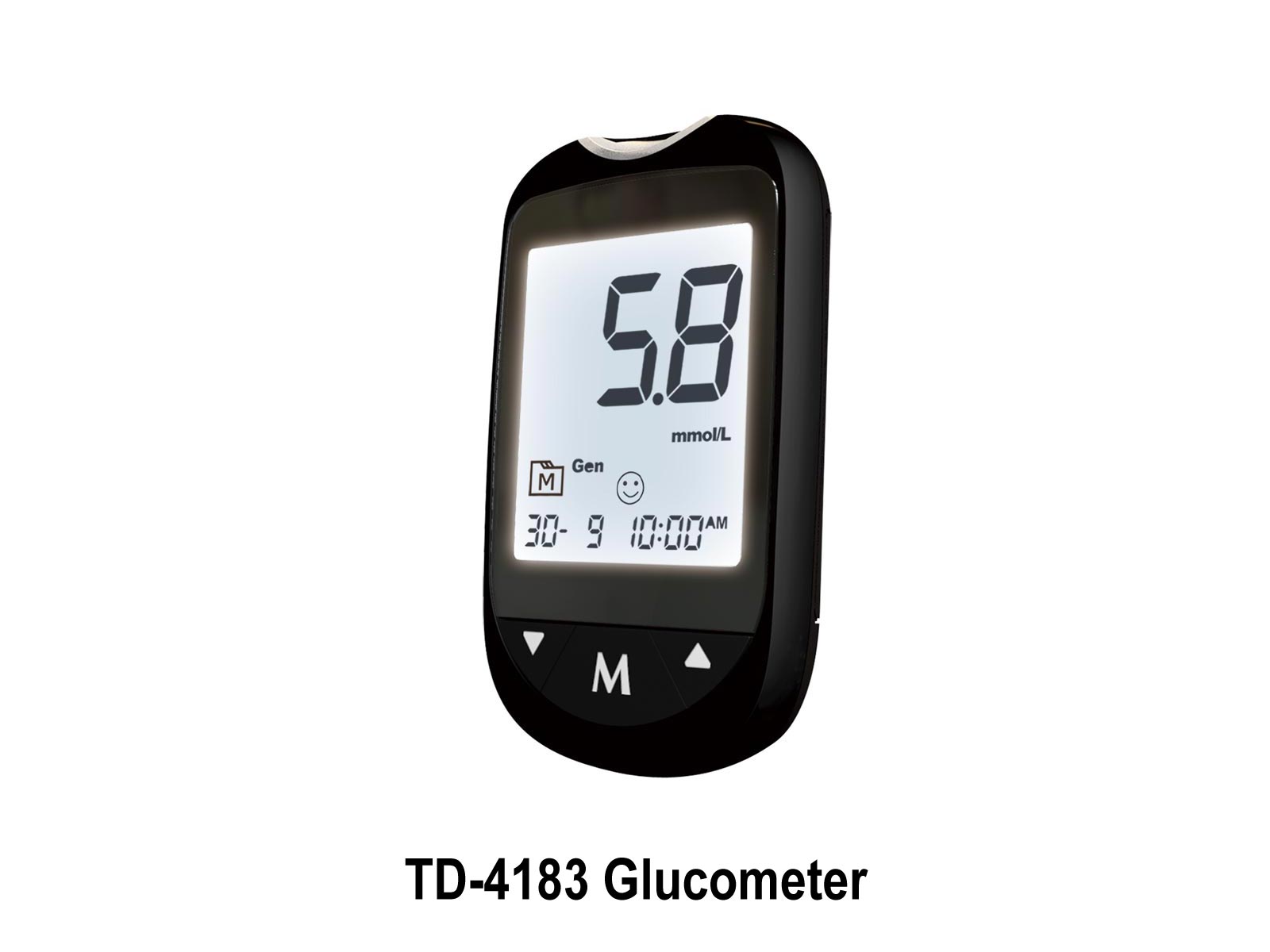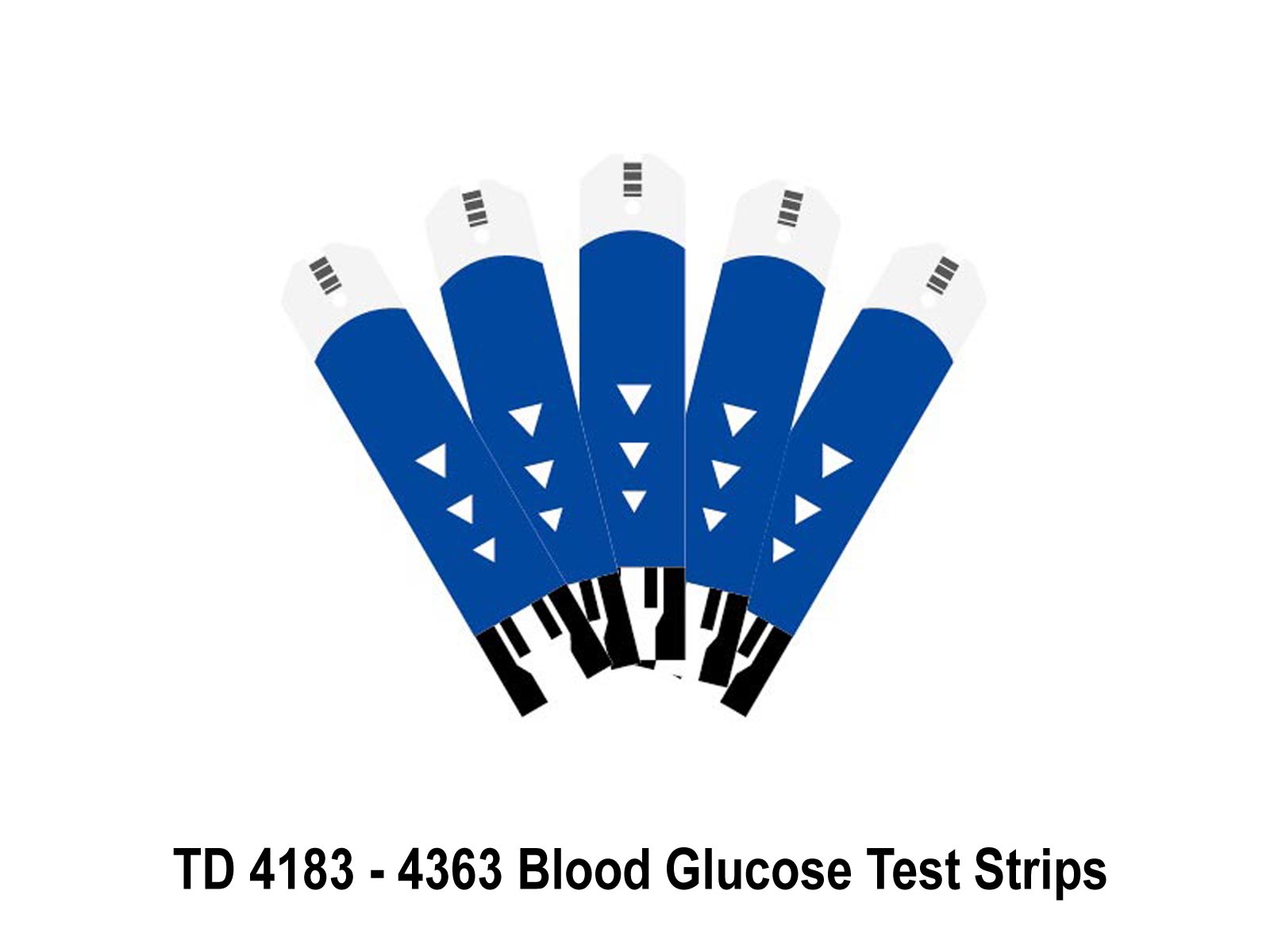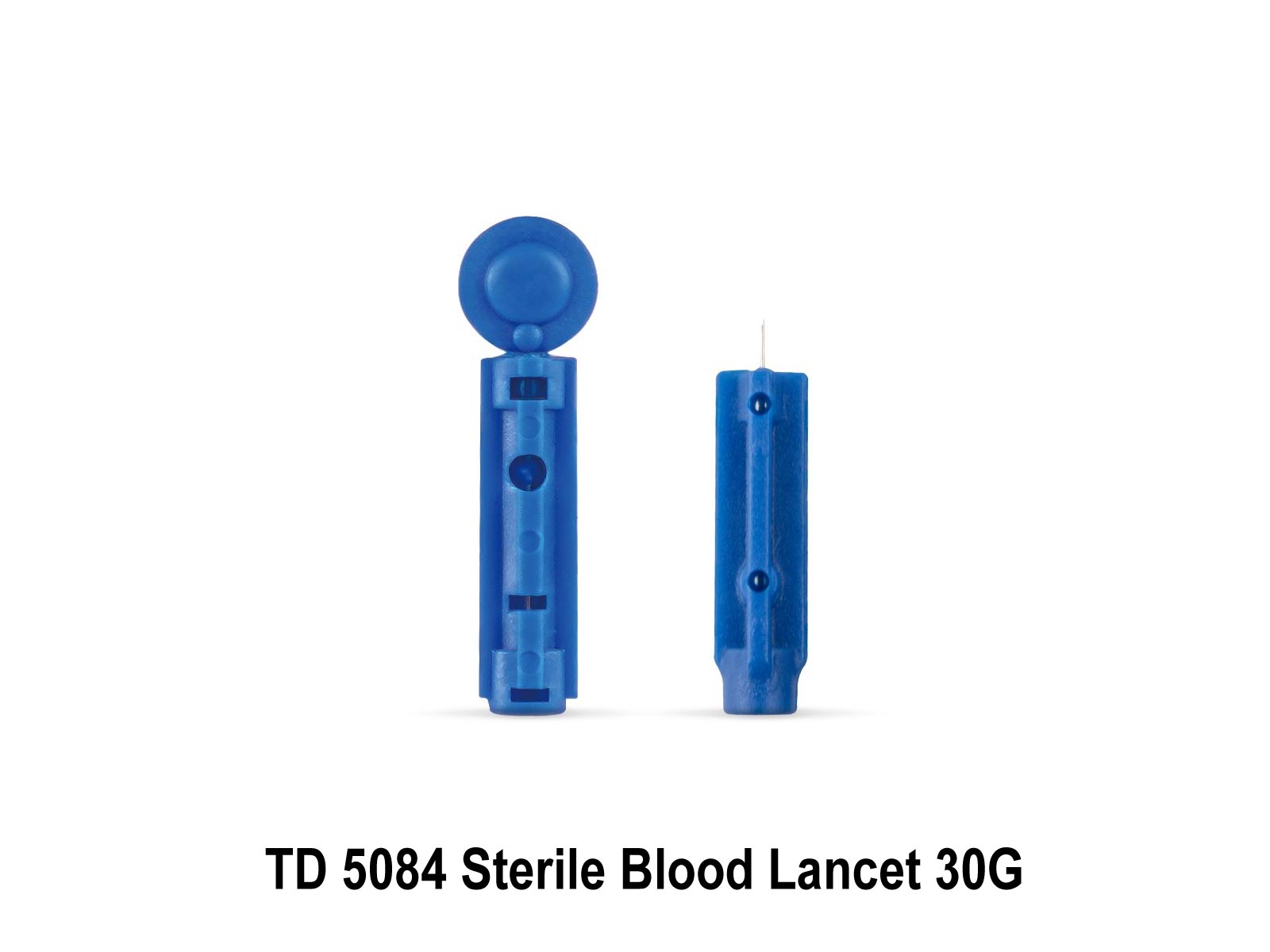Critical Healthcare is a trusted provider in delivering market-leading diagnostics medical products for the healthcare sector in Ireland, UK and Europe.
 Our Total Diagnostics range demonstrates our commitment to excellence in patient care, our comprehensive range of diagnostic products empower medical professionals to make informed, life-changing decisions for their patients. We only work with partners that offer the latest technology, quality and products that are reliable and accurate so you can depend on them.
Our Total Diagnostics range demonstrates our commitment to excellence in patient care, our comprehensive range of diagnostic products empower medical professionals to make informed, life-changing decisions for their patients. We only work with partners that offer the latest technology, quality and products that are reliable and accurate so you can depend on them.
We now offer the Total Diagnostics (TD4183) Glucometer, one of the best self-monitoring products available. Together with the accompanying TD 4183 - 4363 Blood Glucose Test Strips and the TD 5084 Sterile Blood Lancet 30G. This suite of products are the perfect solution for Healthcare Professionals allowing them to support patients manage their health with confidence.
What is Diabetes?
Diabetes is a life-long condition caused by a lack of insulin; an essential hormone produced by the pancreas. Insulin helps turn the food we eat into energy in the form of glucose, also known as blood sugar.
For diabetics, their pancreas doesn’t produce enough insulin to enable all of the sugar in blood to be turned into energy used by the body’s cells. Therefore leading to a build-up of sugar in the blood, referred to high blood sugar levels.
If not managed correctly, diabetes can lead to blindness, kidney failure, heart attack, stroke or issues with lower limbs.
- Diabetes Ireland & The International Diabetes Federation Diabetes Atlas (2021)
Patient Information
There are two types of diabetes; Type 1 and Type 2.
Type 1 diabetes
Type 1 diabetes usually occurs in childhood or in early adult life and requires daily insulin injections. According to the World Health Organisation, its cause or way to prevent it are unknown.
Type 2 diabetes
Type 2 diabetes develops in adulthood and can often be prevented or managed through diet and exercise. However, in most cases, the management of the condition requires insulin injections.
The prevalence of the disease is on the increase and based on current rates, it is expected to increase by between 40% to 60% over the next 20 years. Given these stark predictions, it is more important than ever that people understand how to manage their diabetes effectively and safely.
Clinical Information
At Critical Healthcare, we aim to provide the latest in modern and innovative technologies and devises to support you help best manage your patient’s diabetes.




